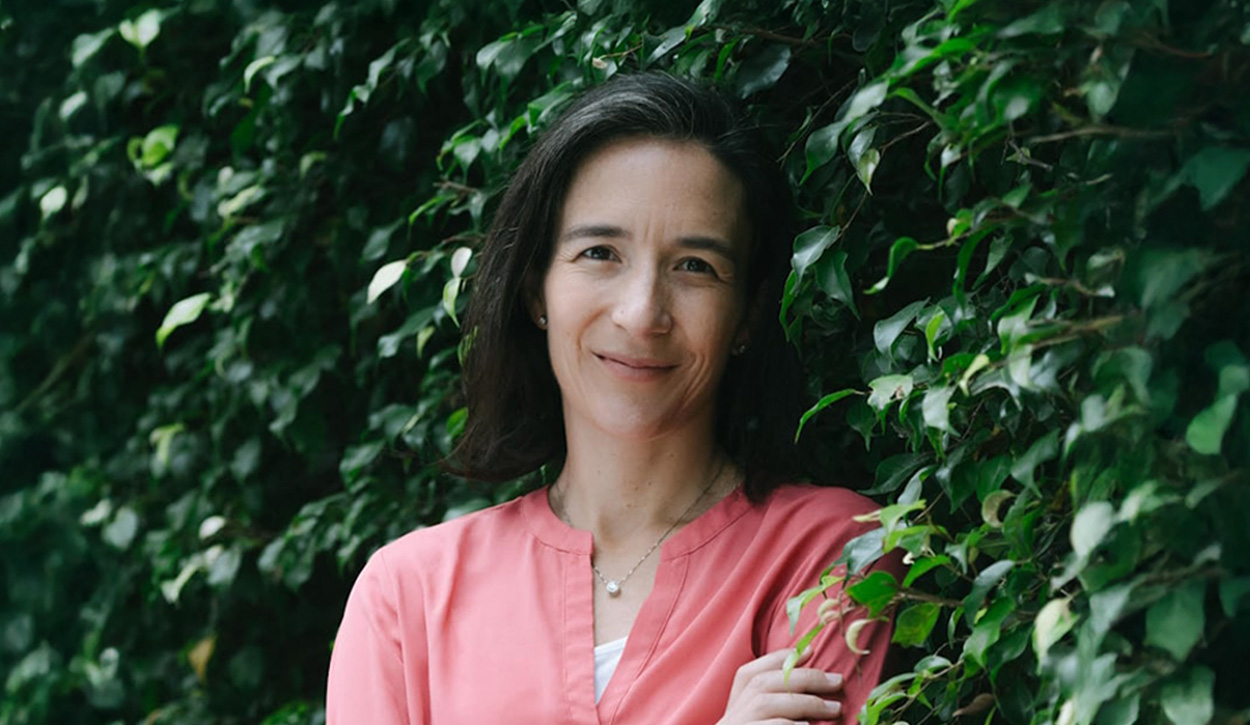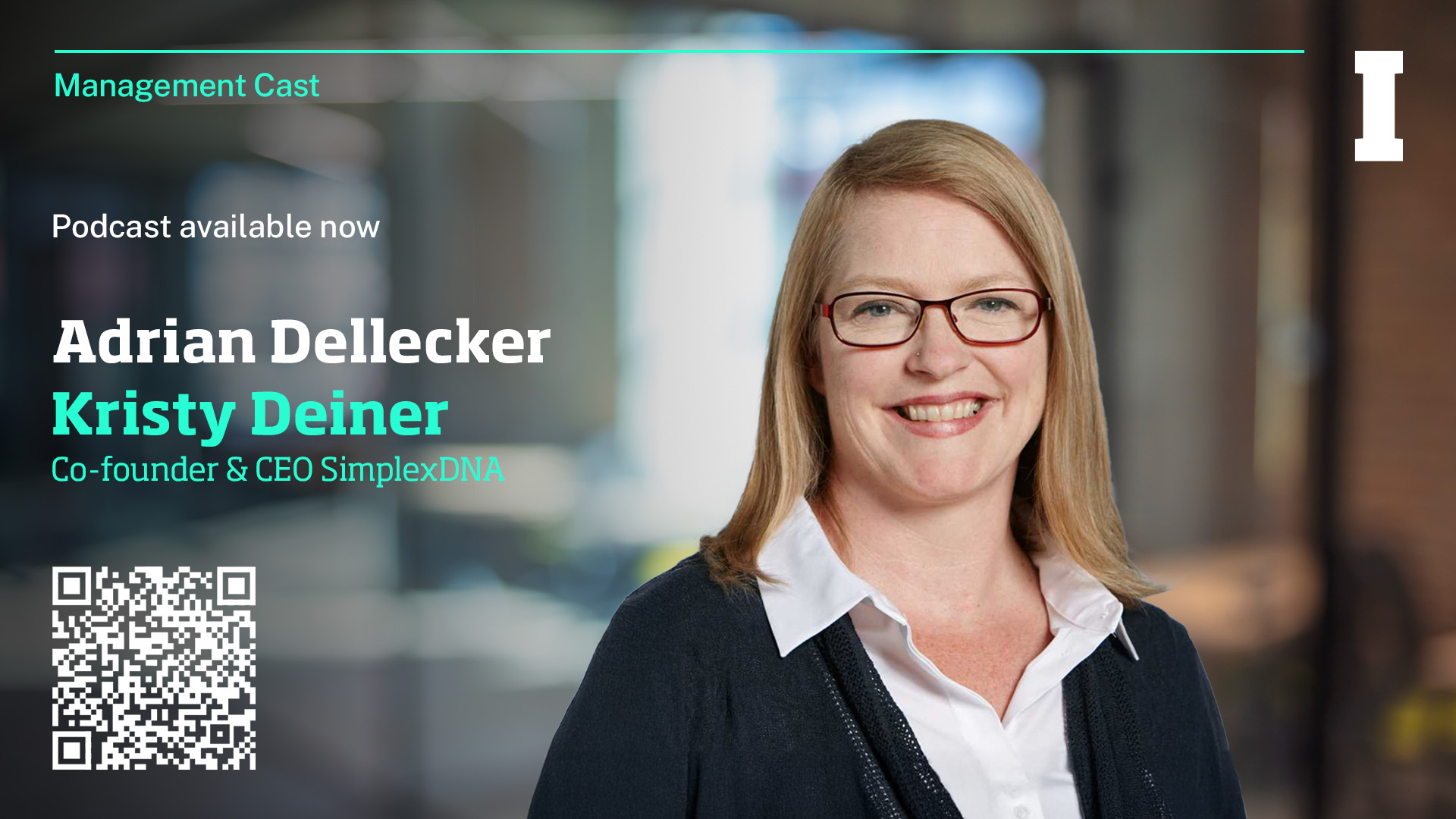OCP: Liberating energy to create sustainable growth
The case focuses on the transformation of OCP, a state-owned monopoly that mined and exploited Morocco’s phosphate reserves. By 2021 it had become an organization with a mission to contribute to the sustainability of food security as the custodians of 70% of the world’s phosphate reserves. Phosphate is one of three vital ingredients in fertilizers that are used to grow healthy, drought-resistant plants, and contributes to sustainable agriculture. This is nowhere more urgent than in Africa: sub-Saharan Africa has the world’s fastest-growing population, but an impoverished agricultural system and only one-third of its arable land is cultivated. Helping smallholder farmers to cultivate more land with robust crops could improve the continent’s sustainable agriculture and better feed its population. In 2016 OCP Group’s Chairman, Dr Mostafa Terrab, launched “the Movement,” a vaguely defined initiative to “liberate energy” and develop collective intelligence to build a more purposeful sustainable future. The Movement’s goal was to continue the group’s transformation from a hierarchical phosphate producer to a global, digital and learning organization with a mission to create sustainable growth for everyone. The case describes the Movement’s philosophy, intention and principles: self-organization, an advice process, and collective intelligence based on a shared vision that all people can contribute to the organization and its ecosystem through collaboration. The Movement brings people together to anticipate future challenges and stakeholder expectations and to bring innovative ideas to life. By 2019, the Movement had launched 60 projects involving 9,000 people that have diversified the group’s business activities, enhanced the employee experience, created growth opportunities and community engagement in Morocco and across Africa. Several of these projects have been anchored into the Group and have increased its focus on inclusive business and sustainable development.
- How does change occur through movements within ecosystems?
- What are movements, their pros and cons, and what differentiates them from other change initiatives?
- What impact can a movement have on cultural transformation?
- How does the Movement contribute to delivering OCP’s vision: creating sustainable growth for everyone?
- How can organizations manage both exploitation and exploration; and share value and growth with stakeholders and communities
OCP Africa, Manufacturing, Chemicals
2016-2021
Cranfield University
Wharley End Beds MK43 0JR, UK
Tel +44 (0)1234 750903
Email [email protected]
Harvard Business School Publishing
60 Harvard Way, Boston MA 02163, USA
Tel (800) 545-7685 Tel (617)-783-7600
Fax (617) 783-7666
Email [email protected]
NUCB Business School
1-3-1 Nishiki Naka
Nagoya Aichi, Japan 460-0003
Tel +81 52 20 38 111
Email [email protected]
IMD retains all proprietary interests in its case studies and notes. Without prior written permission, IMD cases and notes may not be reproduced, used, translated, included in books or other publications, distributed in any form or by any means, stored in a database or in other retrieval systems. For additional copyright information related to case studies, please contact Case Services.
Research Information & Knowledge Hub for additional information on IMD publications

Discover four proven strategies for sustainable and efficient green transition. Split operations with ring fencing to fast-track your green goals.

As corporate America adjusts to a shifting political environment under President Donald Trump, companies must rethink their approach to DEI.

Join IMD Senior Researcher Adrian Dellecker and Mariana Sarmiento of Terrasos to explore business opportunities in voluntary biodiversity credits and environmental innovation.

Explore eDNA science with Kristy Deiner on the IMD Management Cast . Learn how genetics, biodiversity, and data analytics shape conservation and the bioeconomy.

Subsidies of renewables has led to electricity prices frequently falling to less than zero leading to opportunities for consumers
The rapid expansion of generative artificial intelligence (GenAI) has delivered significant business advantages, like enhancing automation, efficiency, and decision-making capabilities across industries. However, these innovations come with enviro...

Once corporate activists, today’s CSOs are business integrators. 6 ways the CSO role is evolving: strategist, risk mitigator, innovator, regulator, storyteller, and leader.

Embracing greater diversity is key as new EU legislation mandates stronger female representation on corporate boards. Diana Markaki shares expert guidance.

AI is revolutionising industry by improving efficiency and driving sustainability. Discover how data-driven insights shape a greener future

Chanel Global CFO and IMD Executive in Residence Philippe Blondiaux explains how finance leaders can sustain a long-term focus on sustainability while addressing short-term challenges.
Research Information & Knowledge Hub for additional information on IMD publications
in I by IMD
Research Information & Knowledge Hub for additional information on IMD publications
in I by IMD
Research Information & Knowledge Hub for additional information on IMD publications
in I by IMD
Research Information & Knowledge Hub for additional information on IMD publications
Research Information & Knowledge Hub for additional information on IMD publications
Research Information & Knowledge Hub for additional information on IMD publications
in I by IMD
Research Information & Knowledge Hub for additional information on IMD publications
in I by IMD
Research Information & Knowledge Hub for additional information on IMD publications
in I by IMD
Research Information & Knowledge Hub for additional information on IMD publications
in I by IMD
Research Information & Knowledge Hub for additional information on IMD publications

